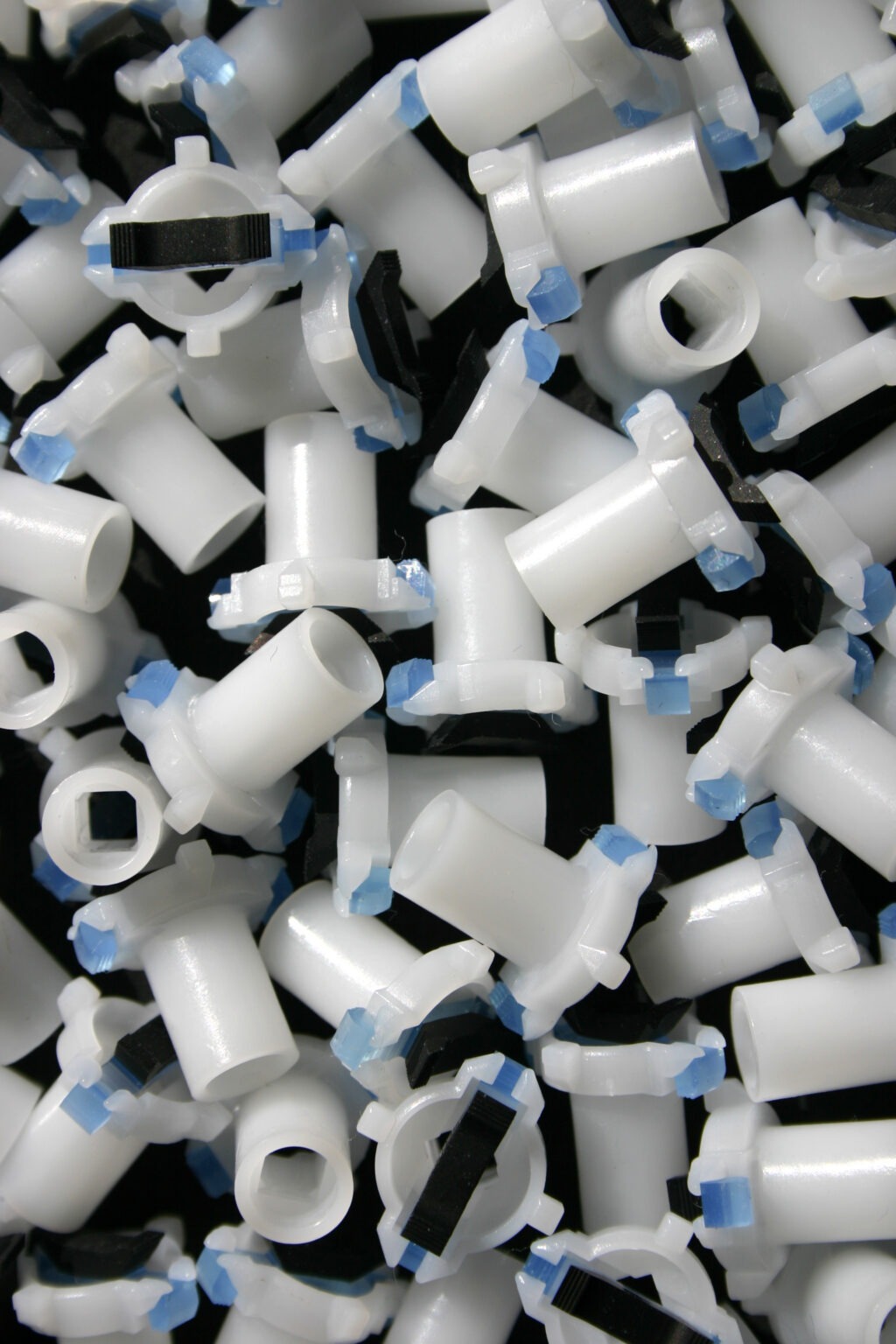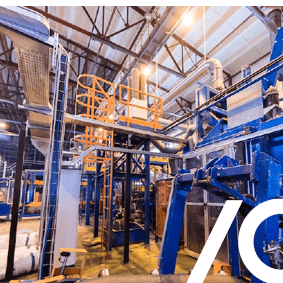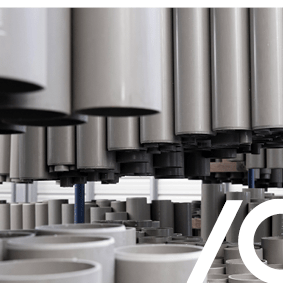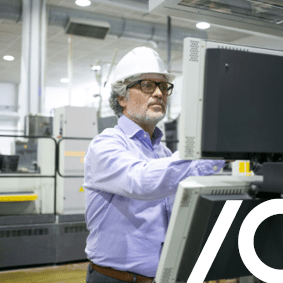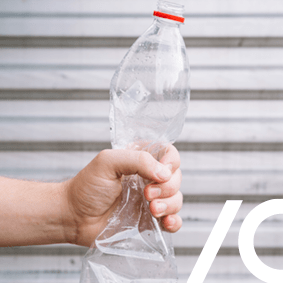 Sustainable manufacturing
Sustainable manufacturing
Sustainable manufacturing
Although plastics and rubber require less energy and have lower greenhouse gas emissions during manufacturing than comparable alternatives, the industry has become the focus of global concern about pollution and waste. Consumers and governments require manufacturers to operate responsibly. New material sources including bio-ethical and recycled plastics, such as rPET (recycled polyethylene terephthalate), are gaining ground.
Manufacturers will constantly have to monitor their systems to ensure their suitability for new demands and be prepared to change and adapt, rapidly. Accurate records ensure that the right materials are used in manufacturing processes, avoiding cross-contamination and minimising costly mistakes.
Moving Towards Greener Manufacturing